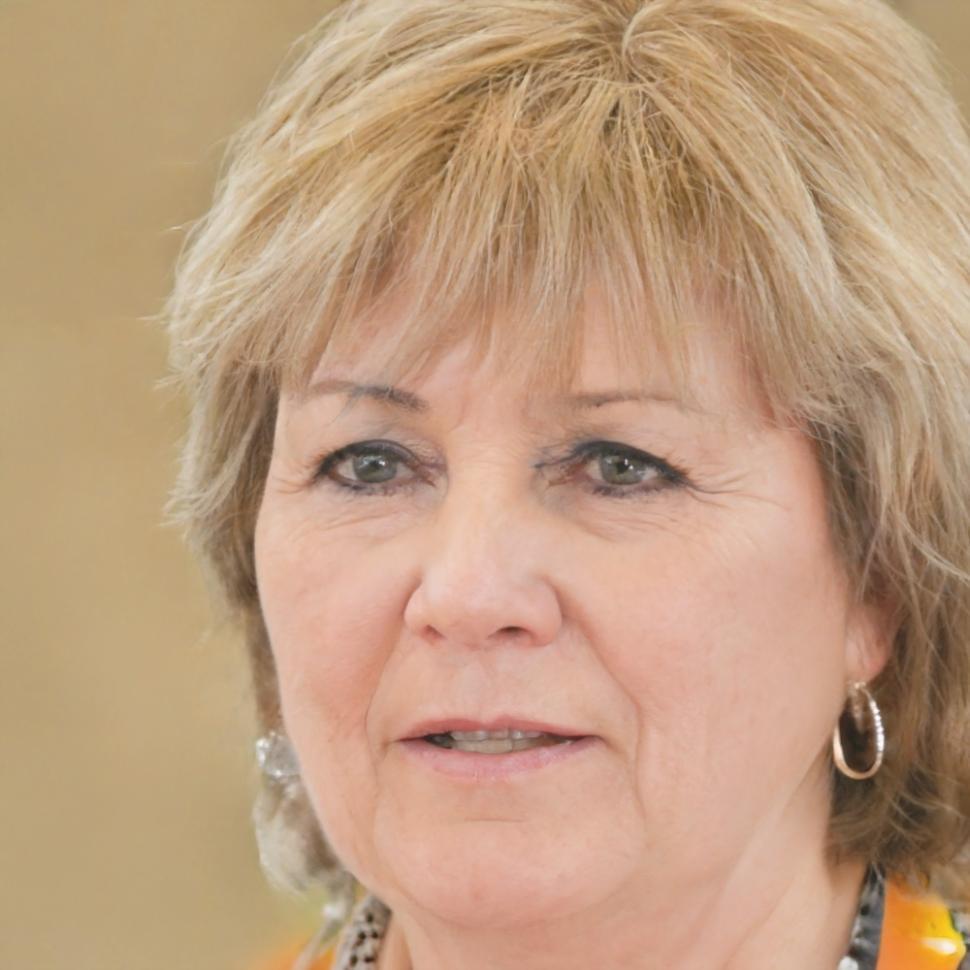Startup Fundraising: Build Your Investment Strategy
Learning to pitch your startup and secure capital takes more than enthusiasm. It requires understanding investor psychology, financial modelling, and strategic storytelling—skills that can mean the difference between closing a round and closing shop.
Our comprehensive program runs from July through November 2026, designed for founders ready to navigate the fundraising landscape.

What This Program Actually Covers
Look, fundraising isn't magic. But it does involve specific techniques that most founders only learn through trial and error—usually expensive error.
Over eighteen weeks, you'll work through the fundraising process from both sides of the table. We start with market positioning and financial projections before moving into pitch construction. Then comes the hard part: understanding what investors actually care about when they're deciding where to put their money.
The program includes practical exercises like dissecting real pitch decks, role-playing investor meetings, and building your own financial models. Some weeks will feel overwhelming. That's intentional—raising capital is intense, and we'd rather you experience that pressure in a learning environment.
Applications for our July 2026 cohort open in March. We typically accept 24 founders per session, which allows for meaningful interaction without turning sessions into lectures.
Program Structure and Timeline
The curriculum unfolds across three phases, each building on skills you developed earlier. Expect homework. Expect revisions. And expect to question some of your assumptions about how fundraising works.
Foundation Phase
Before you can pitch effectively, you need clarity on what you're actually building and why it matters.
- Market analysis and positioning
- Competitive landscape mapping
- Financial projection fundamentals
- Valuation frameworks and cap tables
- Investor ecosystem overview
Construction Phase
Now you'll build the actual materials investors will see, from deck design to executive summaries.
- Pitch deck architecture
- Narrative development and storytelling
- Financial modelling workshops
- Due diligence preparation
- Presentation techniques and Q&A handling
Execution Phase
The final phase focuses on the actual fundraising process—outreach, meetings, negotiations, and closing.
- Investor identification and targeting
- Outreach strategy and timing
- Term sheet negotiation
- Mock investor meetings
- Post-investment planning
Who Teaches This Stuff

Kendrick Tolhurst
Venture Capital
Fifteen years evaluating early-stage companies. Now helps founders understand what actually gets checked during due diligence.

Seren Blackwood
Financial Modelling
Former CFO who's built projections for companies raising seed through Series B. Teaches realistic forecasting.

Bronwyn Falkirk
Pitch Development
Worked with 80+ founders on their decks. Knows which slides get skipped and which ones spark questions.

Thea Linwood
Term Sheets
Lawyer turned advisor. Explains the clauses that matter and the ones that are mostly theatre.
Logistics and Commitment
Schedule
Sessions run Tuesday and Thursday evenings, 6:30 PM to 9:00 PM AEST, starting July 8, 2026.
You'll also have weekend homework—typically 4-6 hours of work between sessions. This isn't a passive learning experience.
Prerequisites
You should have a startup that's past the idea stage. We're looking for founders with:
- A defined product or service
- Some market validation or early traction
- Plans to raise capital within 12 months
- Realistic expectations about the process
Format
All sessions happen in person at our Gungahlin location. This matters because fundraising involves reading rooms and handling real-time pressure.
Expect small group work, one-on-one feedback sessions, and practice pitches in front of the full cohort.
What You'll Leave With
By November 2026, you'll have:
- A complete investor-ready pitch deck
- Financial models that make sense
- Targeted investor list for your sector
- Confidence handling tough questions
Applications open March 1, 2026. We review submissions on a rolling basis, so earlier applications get priority consideration.
Submit Application Inquiry